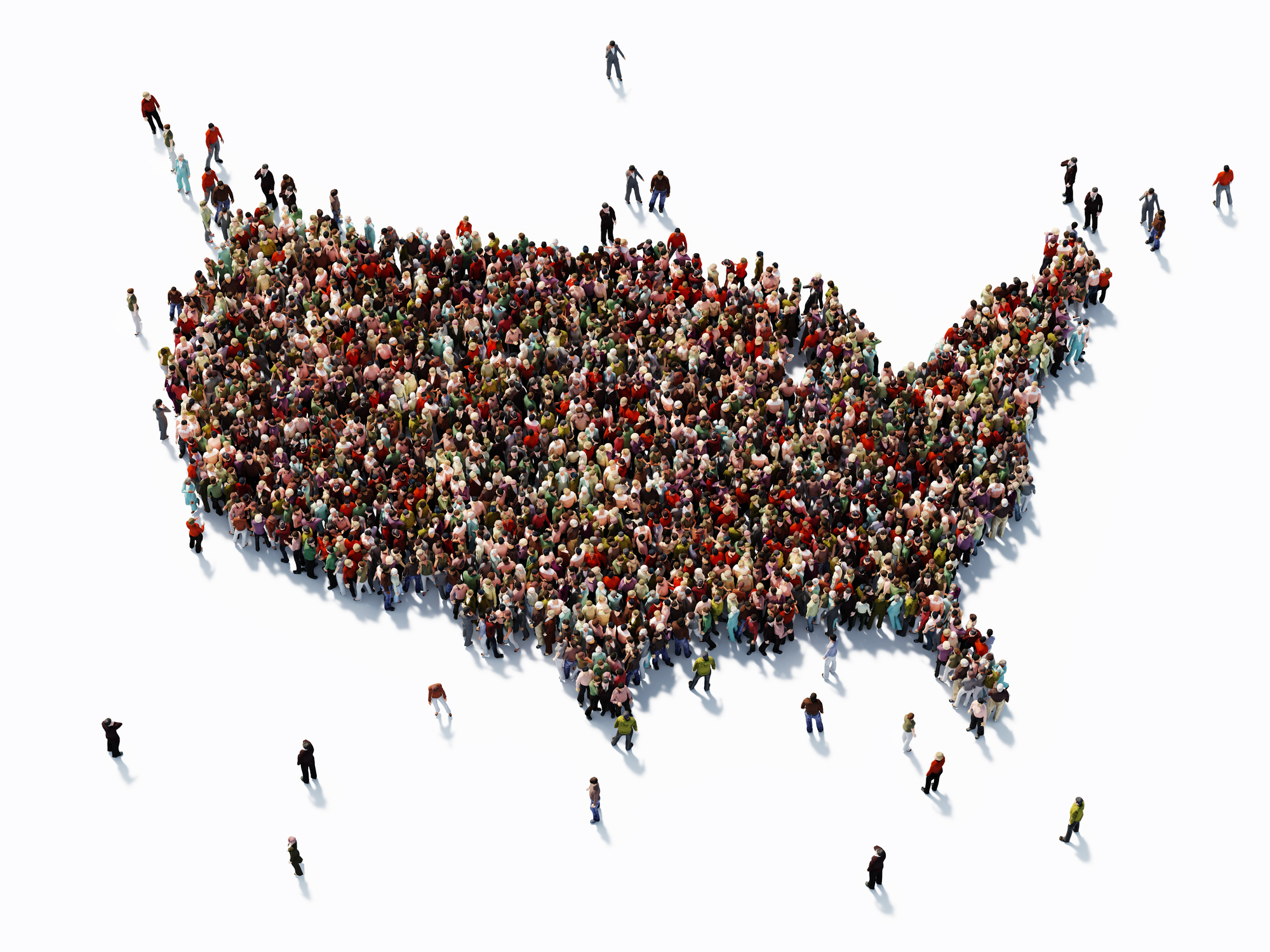

CHECK THE FACTS
The science is clear. Research and data show beverages are not driving obesity rates, and low- and no-calorie choices are safe. It’s time to focus on real solutions to important health challenges.
We all want the same thing: a healthy America. That’s why it’s important that data-backed facts – not widespread myths – inform our consumption habits.
For example, many Americans once avoided eggs because “conventional wisdom” suggested they had unhealthy levels of cholesterol. Now, thanks to research, we know that eggs, in moderation, actually help improve heart health without raising blood cholesterol levels.
Similarly, the safety of no- and low- calorie sweeteners are in question, including aspartame which is one of the most widely used low-and no calorie sweeteners that provides Americans with safe ways to reduce sugar in their diets. There’s been 40 years of research and more than 100 scientific studies that have affirmed the safety of aspartame. U.S. FDA scientists have reviewed the scientific data on the safety of aspartame and repeatedly concluded that it is safe, asserting that it is “one of the most exhaustively studied substances in the human food supply.”
Myths about food and beverages don’t just affect our shopping habits – they also can impact the decisions of lawmakers who are presented with the myth that taxes on everyday groceries improve public health. The taxation of certain foods and beverages can be one product of these myths, but these taxes are far from a silver bullet to fighting obesity and funding local governments. Consider the following:
- Research from Duke University professors published in Harvard Business Review found the Berkeley, CA beverage tax had such minimal effects on consumption levels that the researchers “cannot be sure they even exist.”
- An Oxford Economics study, produced in partnership with the American Beverage Association, found consumers in Philadelphia avoid the city-wide beverage tax by shopping outside the city or substituting soft drinks with sugary drink powders. Due to this shift, the study experienced an employment decline of 1,192 workers, or the equivalent of $80 million in lost GDP, as a result of the beverage tax.
There is a better way to help Americans make healthy decisions for their families, and it starts with understanding the facts – not taxes, restrictions and over regulations.
“There is no evidence from anywhere in the world that soda taxes have any impact on obesity, let alone broader health outcomes.”
–Guy Bentley, Reason Magazine
NEWS
Majority of Washington voters support measure prohibiting future grocery taxes
Preliminary election results show a measure that would limit future taxes and… Read More
Yes on I-1634: Soda taxes hurt working families
The editorial on I-1634 suggests local governments should decide how… Read More
Grocery, beverage taxes hurt working families
While health and wellness must be a top priority for communities across the… Read More
A timeline of Philadelphia’s soda tax
In 2016 Philadelphia became the first big U.S. city to pass a tax on soda. As… Read More
CASE STUDIES
Effects of Sweetened Beverage Taxes in Philadelphia and Oakland
Consumption did not decline significantly overall in Philadelphia or Oakland,… Read More
Are Sugar-Sweetened Beverage Taxes Regressive?
Key Findings: Taxes on sugar-sweetened beverages are proposed with the promise… Read More
City of Philadelphia Voter Survey
A recent poll among likely Democratic primary voters in Philadelphia voters… Read More
“State of the Mountain State,” West Virginians Oppose Soda Tax Expansion
FOR MORE INFORMATION CONTACT Amanda Kieffer, Communications Associate at The… Read More
